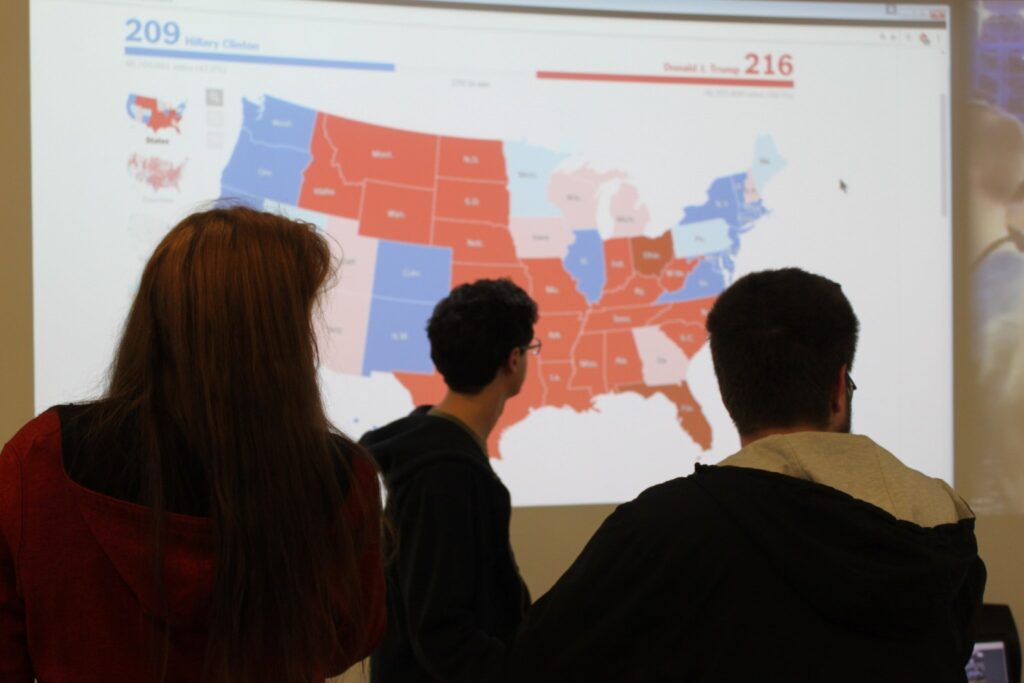Donald Trump could break a two-decade Republican curse by securing the popular vote in next week’s election, as per election analyst Harry Enten.
What Happened: Enten shared recent poll results that depict Trump and Kamala Harris in a neck-and-neck race for the popular vote nationwide.
Although the popular vote does not directly decide the election result due to the Electoral College system, it is still viewed as significant. For Trump, who was unsuccessful in securing the popular vote in the 2016 and 2020 elections, a victory would be momentous.
According to a report by Newsweek, Enten elaborated that the last time a Republican presidential candidate won the popular vote was George W. Bush in 2004 – and before that, no Republican had done so since Bush’s father George H.W. Bush in 1988.
Enten also pointed out that Trump is polling better than past GOP nominees in California and New York, even though he is unlikely to carry either state.
Also Read: Trump’s Escalating Threats To Rivals: 100 And Counting
Enten proposed a potential scenario where Harris could triumph in the Electoral College, even if Trump wins the popular vote. He emphasized that the Great Lakes battleground states are currently too unpredictable to forecast.
Several polls carried out in October depict a tight race between Trump and Harris, with both candidates garnering approximately equal voter support.
Why It Matters: This potential shift in voting patterns could have significant implications for the political landscape. A popular vote victory for Trump would break a 20-year record and could potentially reshape the narrative around his political influence.
It also highlights the unpredictable nature of the Electoral College system, where a candidate can win the popular vote but still lose the election.
This scenario could potentially play out for Harris, as suggested by Enten. The upcoming election results will undoubtedly be closely watched, as they could set new precedents and impact future electoral strategies.
Read Next:
This content was partially produced with the help of Benzinga Neuro and was reviewed and published by Benzinga editors.
Image: Wikimedia Commons
© 2024 Benzinga.com. Benzinga does not provide investment advice. All rights reserved.








